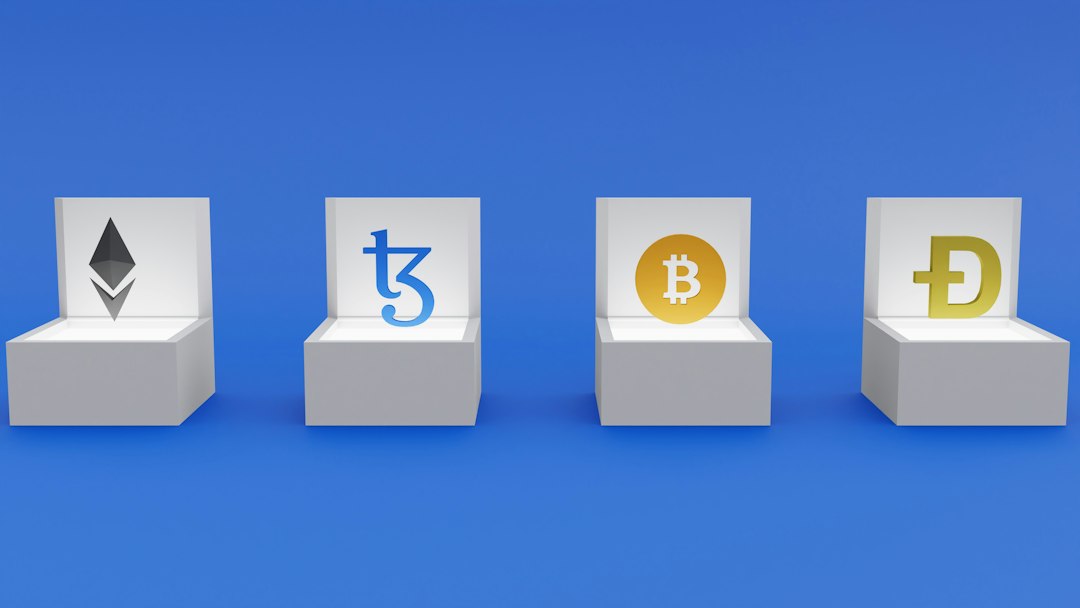The Potential Impact of the European Data Act on Crypto
The recent consensus on the Data Act by the European Council and Parliament has raised potential challenges and considerations for the crypto industry in the EU.
Key Points:
- The Data Act aims to extend provisions of the 2020 Data Governance Act and requires endorsement from the European Parliament and Council.
- Central to debates is the introduction of a “kill switch” for automated data-sharing agreements in the event of security compromises.
- The Act’s ambiguity on the definition of smart contracts and its broad categorization have raised concerns among blockchain professionals.
- The Act’s lack of specificity regarding the conditions for triggering the “kill switch” and its vague definition of “data-sharing agreement” add to the uncertainties.
- The Act’s implications for decentralized finance (defi) and potential inclusion of public networks under its purview remain unclear.
Various global crypto entities, including Polygon and Stellar, have expressed reservations and called for clearer distinctions in the Act. The Act highlights the need for clarifying regulations in crypto and emphasizes the importance of dialogue and collaboration among industry stakeholders and European regulators.
Hot Take:
The European Data Act brings both opportunities and challenges for the crypto industry in the EU. While it aims to provide a framework for data governance, the Act’s lack of clarity and specificity raises concerns regarding its application to smart contracts, decentralized finance, and public networks. The Act underscores the need for further dialogue and collaboration to ensure effective and balanced regulations in the crypto space.





 By
By
 By
By
 By
By

 By
By
 By
By